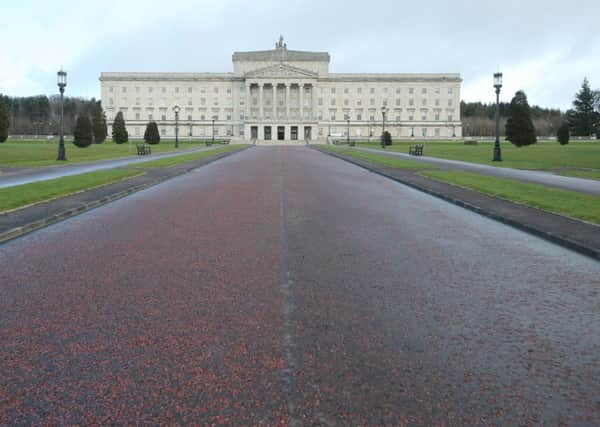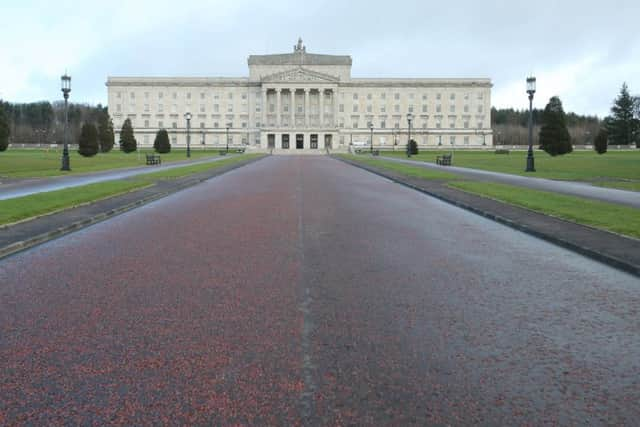Don't destroy documentation, RHI inquiry warns


The inquiry chairman, retired Court of Appeal judge Sir Patrick Coghlin will today speak publicly about his investigation for the first time.
In an address to members of the public at the Long Gallery in Stormont’s Parliament Buildings – just above the old Senate Chamber, where the inquiry will sit – Sir Patrick is expected to speak for about 45 minutes to outline what his team has been doing over recent weeks and how it will go about investigating the scandal which contributed to the collapse of devolution.
Advertisement
Hide AdAdvertisement
Hide AdBut even before Sir Patrick speaks, the inquiry has clarified several aspects of how it will gather evidence and how open it will be with the public.


In one of several documents setting out how it plans to operate, the major inquiry said that it “should be unnecessary to state this”, but went on to make clear that no evidence should be altered prior to the inquiry beginning its work.
The inquiry’s Disclosure Protocol, which has been published on its website, states: “For the avoidance of doubt, and as detailed in the Inquiry’s Procedural Protocol, the Inquiry expects full cooperation and full disclosure from those who are called upon to assist it with its investigation.
“Although it should be unnecessary to state this, any individual or organisation with information or evidence relevant to the work of the Inquiry should not destroy, delete or dispose of such information or evidence.”
Advertisement
Hide AdAdvertisement
Hide AdElsewhere, the inquiry has also said that it intends to proceed straight to issuing formal summonses to attend its hearings and hand over documentary evidence.


In its procedural protocol, the inquiry states that “bearing in mind the need for expedition, it is generally proposed to proceed directly by use of the section 21 [of the Inquiries Act 2005] notice procedures under the 2005 Act for the purpose of obtaining documentary and oral evidence”.
Section 21 of the Inquiries Act provides sweeping powers under which a witness can not only be summoned to the inquiry, but be required to “produce any other thing in his custody or under his control for inspection, examination or testing by or on behalf of the inquiry panel”.
Anyone who fails “without reasonable excuse” to comply with such a notice could be fined up to £1,000 or imprisoned for up to six months.
Advertisement
Hide AdAdvertisement
Hide AdThe inquiry has also stressed that it will be “as transparent as possible”. That will involve it “generally” publishing documents each day as it sits, with the inquiry expecting to publish “a very significant amount of information and documentation”.
However, its protocol also provides for hearings behind closed doors in exceptional circumstances.
A spokeswoman for the inquiry told the News Letter: “The Inquiry may decide it is necessary to hold a closed session where the identity of a witness needs to be protected or if there are ongoing legal proceedings that may be prejudiced. We are hopeful that the requirement for a closed session will not arise once the oral hearings begin.”